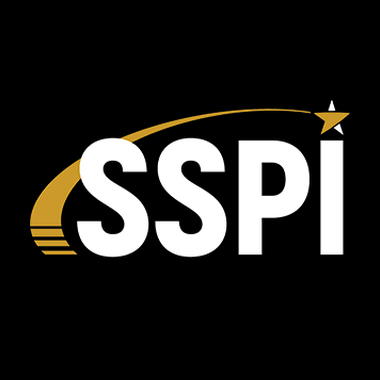
Ensuring the Food and Water Supply for Us All
As climate shifts become more drastic around the world, one of the most important questions becomes “How will we keep feeding ourselves and ensure that everyone has enough clean water to drink?” This Planet’s on Fire, the podcast of the Climate Sense campaign, and SSPI’s Better Satellite World campaign both asked this question and more:
Agriculture: How at Risk Are We?
In this podcast, we hear from Wade Barnes, co-founder and CEO of Farmers Edge; Prateep Basu, CEO of SatSure (a Better Satellite World Award recipient in 2020); and Sanjay Wagle, co-founder and Managing Director of The Lightsmith Group. Wade, Prateep and Sanjay join SSPI’s Lou Zacharilla to talk about the major risks in agriculture today, business models and innovations that use satellite-based information to transform agricultural practices and the impacts of climate change on agriculture and investment.

This podcast is the third episode of This Planet’s on Fire, the podcast of the Climate Sense campaign. The series was made possible with the support of SatSure.

Satellite Serves a Thirstier World
Sponsored by

Water. We are literally made of the stuff. That’s why we can survive for weeks without food but only days without water. We drink it, cook with it, bathe in it, grow food with it, clean with it, swim in it, and use it in almost every kind of industry. After the air we breathe, it is the ancient element we can least do without.
Climate change has focused new attention on water. As the planet warms, faster evaporation and changing weather patterns are making the dry parts of the world even dryer. Political turmoil and human migration follow, with talk of “water wars” in the places where countries share a water supply. Ensuring that enough of the world’s people have access to enough water is now a challenge with global consequences. Fortunately, there is a global technology ready to help: satellite.
The planet’s fresh water comes from two sources: surface water in lakes and streams, and underground water in aquifers. We have been mapping lakes and rivers for centuries – but it is only recently we have been able to answer a fundamental question: how much fresh water is there on Earth? The answers come to us from a US-German satellite mission called GRACE. The GRACE satellites make very precise measurement of changes in gravity below them as they pass over the Earth. Because water is less dense than rock or soil, it exerts less of a gravitational pull. Human beings can’t tell the difference, but GRACE can use it to detect the presence and depth of surface water and provide the first accurate global inventory of surface water.
Scientists are even finding ways to use satellites to find water hiding underground, which makes up as much as 40 percent of global supplies. Using a NASA radar satellite, a team from Stanford University achieved the first success in predicting the amount of groundwater beneath locations in California. Another research team has proven that areas of lower temperature on the ground signal supplies of water below that are close to the surface. Knowing where the groundwater is near the surface can make a life or death difference in developing nations. Laborers with hand tools can dig shallow wells, while deeper ones require costly mechanized drills. Read More
Waters Flowing
In this podcast, we hear from Dr. Joel Kimmelshue, Principal Scientist and co-founder of Land IQ, an organization that provides solutions to challenging agricultural and environmental problems throughout the world. Dr. Kimmelshue joins SSPI’s Lou Zacharilla to talk about the role of satellites in managing water and describes what it feels like for farmers to be working in drought conditions when their livelihoods depend on water.

This podcast is the sixth episode of This Planet’s on Fire, the podcast of the Climate Sense campaign. The series was made possible with the support of SatSure.


